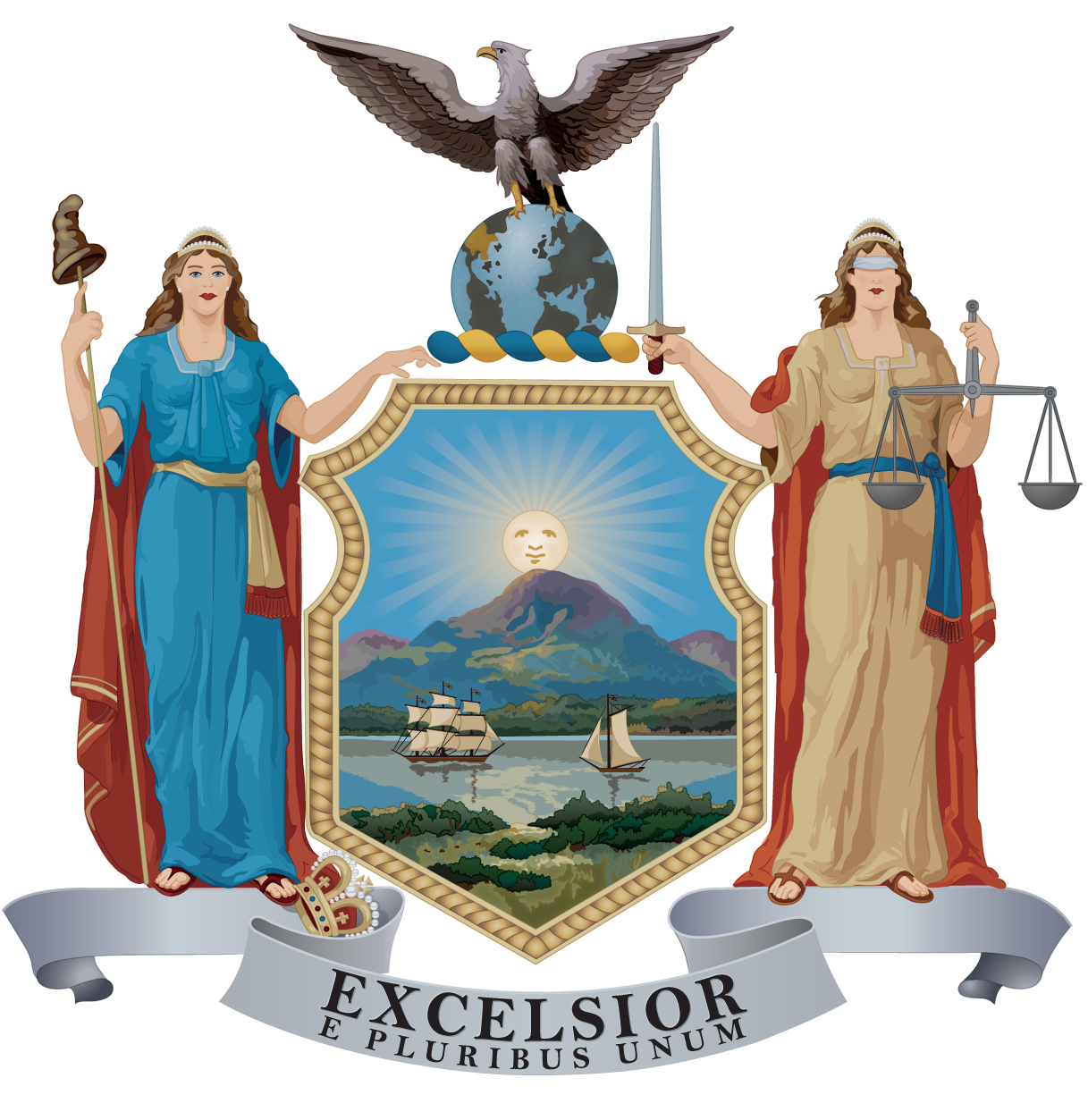April 20, 2021
Assembly Passes Earth Day Legislative Package to Safeguard the Environment
Speaker Carl Heastie and Environmental Conservation Committee Chair Steve Englebright today announced that the Assembly will commemorate April 22, 2021 as the 51st Anniversary of Earth Day (K.167, McMahon). In honor of Earth Day the Assembly passed a package of legislation designed to safeguard the environment and protect public health. The legislation covers a variety of environmental protections aimed at reducing waste and emissions, as well as protecting our communities from harmful contaminants.
In 2019, the Legislature passed the Climate Leadership and Community Protection Act (CLCPA), setting critical environmental standards, including reducing greenhouse gas emissions and increasing the use of renewable energy to address and mitigate the effects of climate change.
“The Assembly Majority remains committed to protecting our environment and the health of all New Yorkers,” said Speaker Heastie. “The legislation passed in today’s Earth Day package builds on the standards we set in the Climate Leadership and Community Protection Act to ensure a safe and healthy environment for generations to come.”
“We and all living things are linked to our environment,” said Assemblymember Englebright. “Every day we depend on Earth’s abundance to keep us healthy. Clean air, clean water and a healthful environment are necessary for our survival. The bills we passed today will reduce the proliferation of plastic, reduce harmful air pollution from our communities and protect our water from pollution.”
This year’s Earth Day legislative package includes two measures that will help New York reach the goals set by the CLCPA by reducing emissions from the transportation sector, which is currently one of the largest contributors to greenhouse gas emissions in the state. One of these measures sets the goal that all in-state sales of new passenger cars and trucks, as well as off-road vehicles and equipment would be zero-emissions by 2035, and medium- and heavy-duty vehicles would be zero-emissions by 2045 (A.4302, Englebright). The second measure would help remove barriers to electric vehicle charging infrastructure by requiring the Public Service Commission to create a more flexible billing system for commercial electric vehicle charging stations (A.3876, Cusick).
“Transportation is one of the most critical areas where we can significantly reduce our greenhouse gas emissions,” said Assemblymember Michael Cusick. “In some cases, current laws and practices, which predate our newest electric vehicle technology, can be cost prohibitive or can impose significant barriers to the integration of electric vehicles into our transportation sector. The bills in today's package create opportunities to reduce or eliminate these barriers and encourage the use of electric vehicles so that we can reduce dangerous emissions and preserve our environment for generations of New Yorkers.”
Today’s package also includes a bill that would prohibit the use of wastewater from hydraulic fracturing, commonly known as “fracking”, on highways (A.903, O’Donnell). Because the wastewater is very salty, it is used to de-ice roads in the winter, as well as for other purposes, like suppressing dust in other seasons. However, wastewater from fracking often contains a variety of contaminants and these uses result in runoff that can contaminate groundwater.
“Even though New York has permanently banned fracking, we continue to feel the impact of extraction-related activities,” said Assemblymember Daniel O’Donnell. “We put the health and safety of New Yorkers at risk when we allow fracking byproducts, including radioactive contaminants, to make their way from our streets into aquifers. Today's legislative package furthers New York’s environmental stewardship, and I'm proud it includes my bill banning the use of hydrofracking byproducts for clearing our roadways."
Another measure passed today would prohibit hotels from distributing hospitality personal care products in small single use plastic bottles to their guests (A.5082, Englebright). In 2017, the world produced 348 million tons of plastic, 40 percent of which was used to produce single use plastic products. The provisions in this bill would help reduce this waste, especially in light of viable alternatives.
In addition to legislation passed today, the Assembly Climate Change Work Group will monitor the implementation of the Climate Leadership and Community Protection Act (CLCPA) and continue to explore policy initiatives on both the state and federal levels to combat the effects of climate change. The Work Group will ensure that recommendations and timeframes from the Climate Action Council are in compliance, as well as examine additional policy initiatives that may be helpful in addressing climate change. This may include modifications to existing laws and regulations such as increased access and usage of electric vehicles, improved air quality and decreased greenhouse gas emissions from landfills and power plants.
The Assembly will also hold a hearing on May 13, 2021 on the implementation of the CLCPA.
